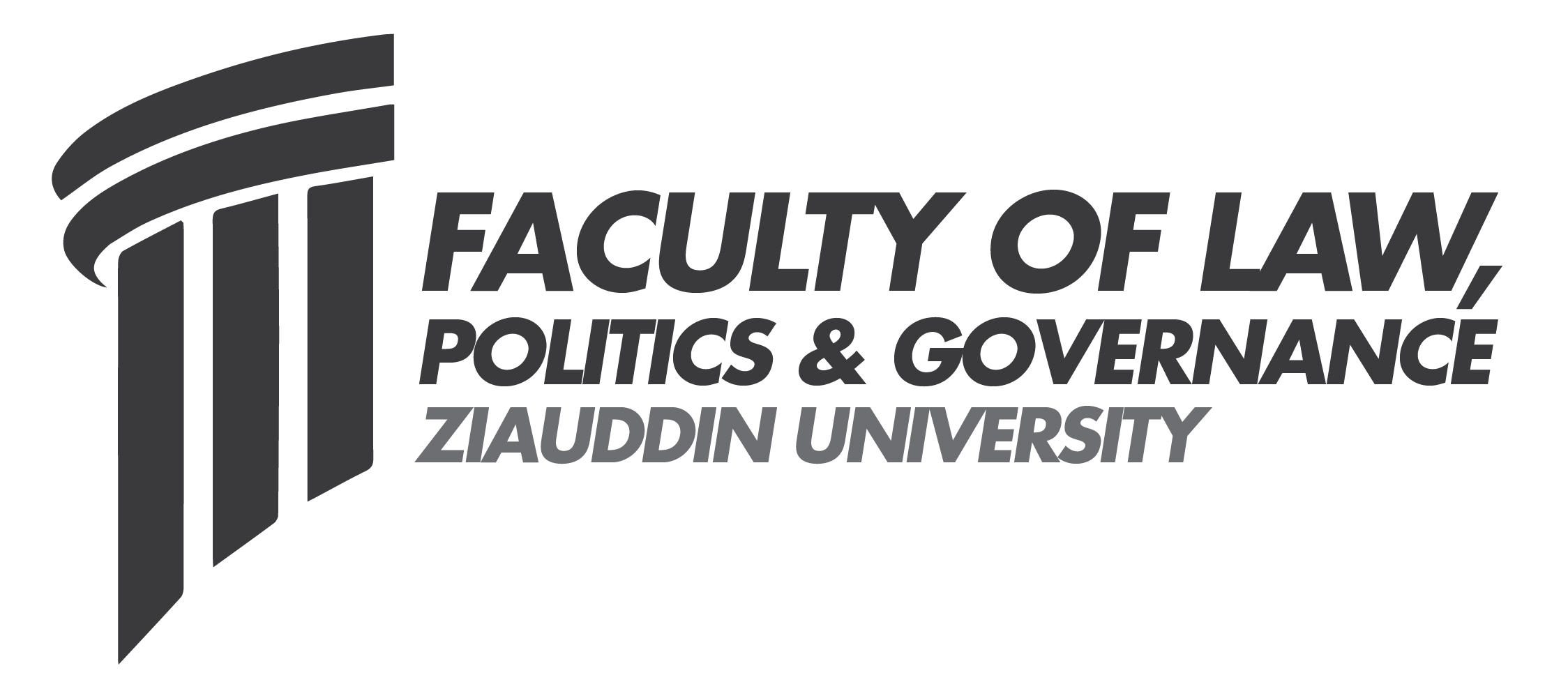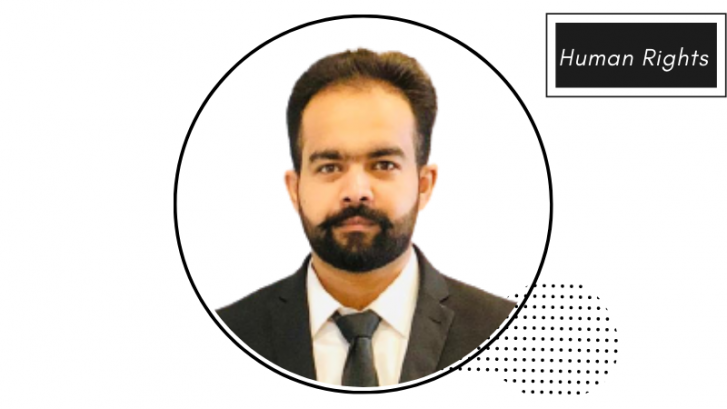Free and Fair Plebiscite in Kashmir

Babar Azam
Human rights are the fundamental rights of every individual, which ensure that a person is able to live a full life. Human rights are protected nationally and internationally by certain institutions. In Pakistan, fundamental rights are protected by the courts, especially the Supreme. Internationally, human rights are protected by the United Nations Human Rights Commission (UNHRC). Furthermore, under Article 184 (3) of the Constitution of Pakistan, the Supreme Court can be petitioned for any violation of fundamental rights. If a violation occurs, the Supreme Court is capable of taking stern action in order to provide a remedy and prevent further such violations of human rights in Pakistan.
Historically, the Kashmir crisis began in 1846 under the regime of the Hindu ruler, Gulab Singh. 70% of the population of Kashmir were Muslims, so this was always likely to cause problems. Gulab Singh denied rights to the Muslim majority, resulting in distrust between the population and their ruler. Things have only gotten worse over the years. The major denial of human rights and the right of self-determination occurred when Article 370 of the Indian Constitution was used to alter the demography and governance of the region. Kashmir is rich in water resources that originate from mountain glaciers. Approximately 35% of the region is governed by Pakistan, 55% by India, and the rest of the area is Chinese territory. Moreover, three wars have been fought between India and Pakistan over Kashmir territory.
“When partition occurred, the British left the people to decide either to live in India or Pakistan according to their religion, culture, and social values. This mass migration itself involved many violations of human rights.“
In 2019, the Indian government revoked Article 370 of the Indian Constitution, allowing the Indian-administrated part of Kashmir to make its own laws in all matters except finance, defence, foreign affairs, and communications. Furthermore, it established a separate constitution, a separate flag, and denied property rights in the region to outsiders. This means the residents of the state live under different laws from the rest of the country in matters such as property ownership and citizenship. Moreover, the Indian government also revoked Article 35A of the Constitution of India, which ultimately lifted the prohibition on outsiders from permanently settling, buying land, holding local government jobs, or attaining educational scholarships in the region of Kashmir. The revocation of these two articles from the Kashmir region is a clear violation of human rights. The Indian government is encouraging Indians to settle there to reduce the Muslim overall majority.
This article concludes by reiterate some possible solutions. In 1948, UN Resolution 47 proposed a peaceful restoration process in which both the military forces of Pakistan and India were commanded to withdraw and the population was given the choice of joining either India or Pakistan through a free and fair plebiscite. This would almost certainly result in their vote to join Pakistan. The other option for Kashmir is to become independent. However, this is neither economically nor politically realistic.
The author is of the opinion that the plebiscite option is the only one that offers a solution to the human rights issues of Kashmir.
The writer is a Third-Year Law Student at ZFL
Email: [email protected]
Published in ZU-BLAWGS, November 20th, 2021

